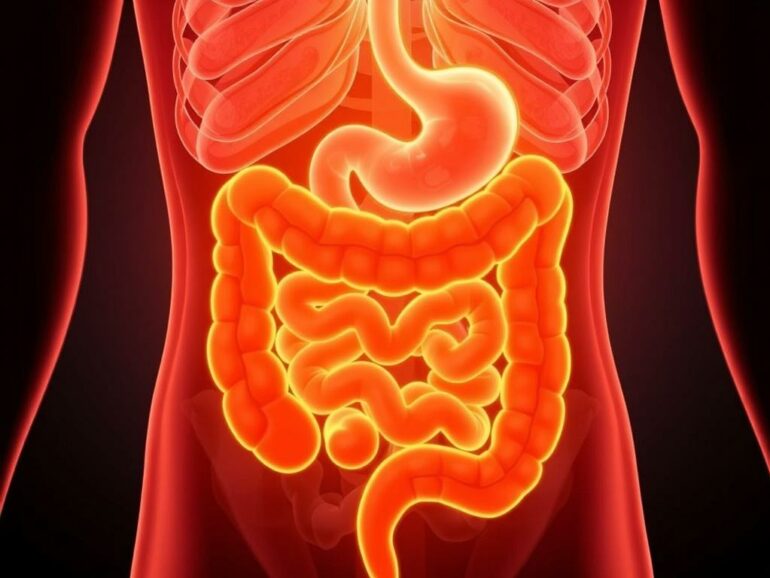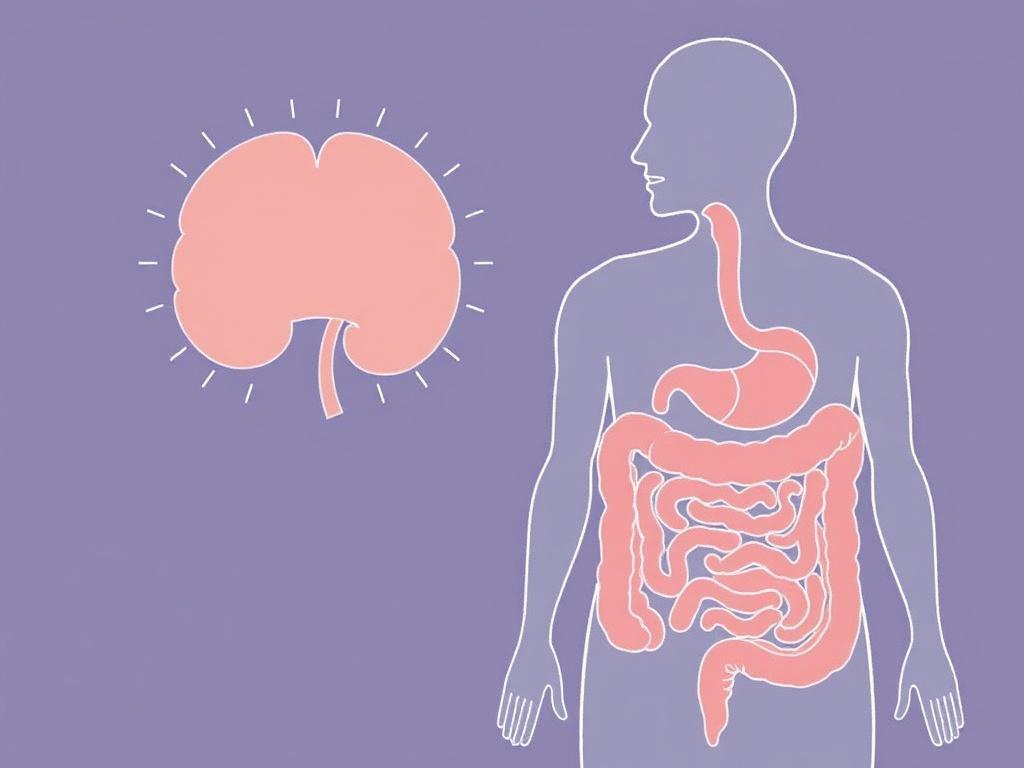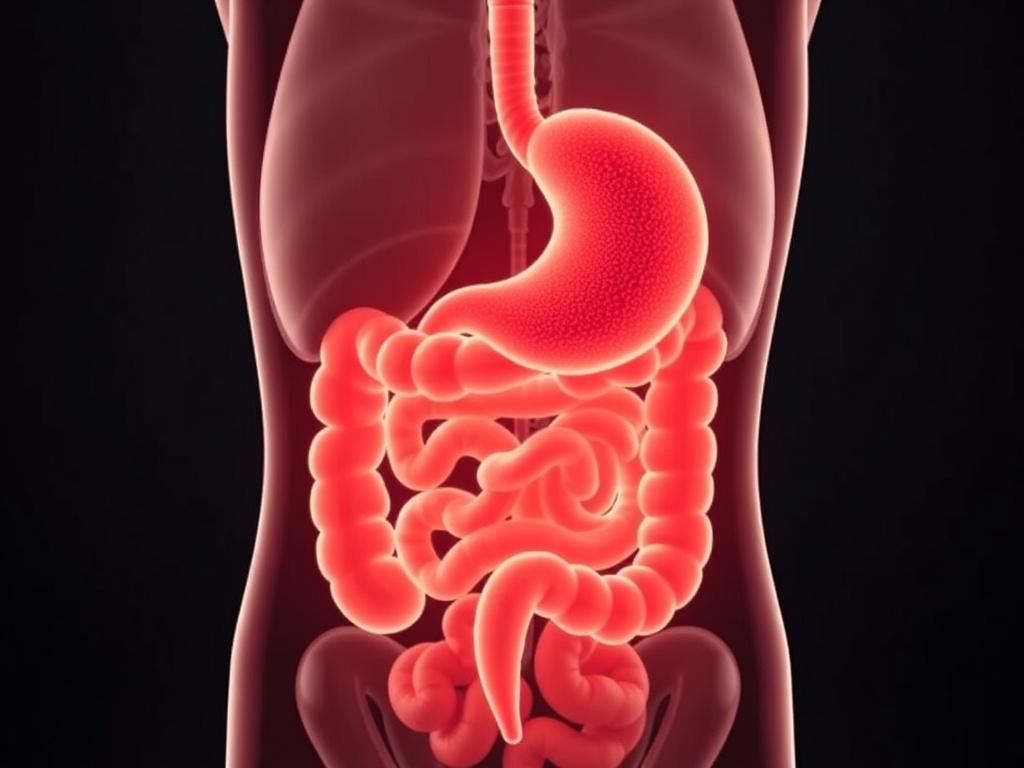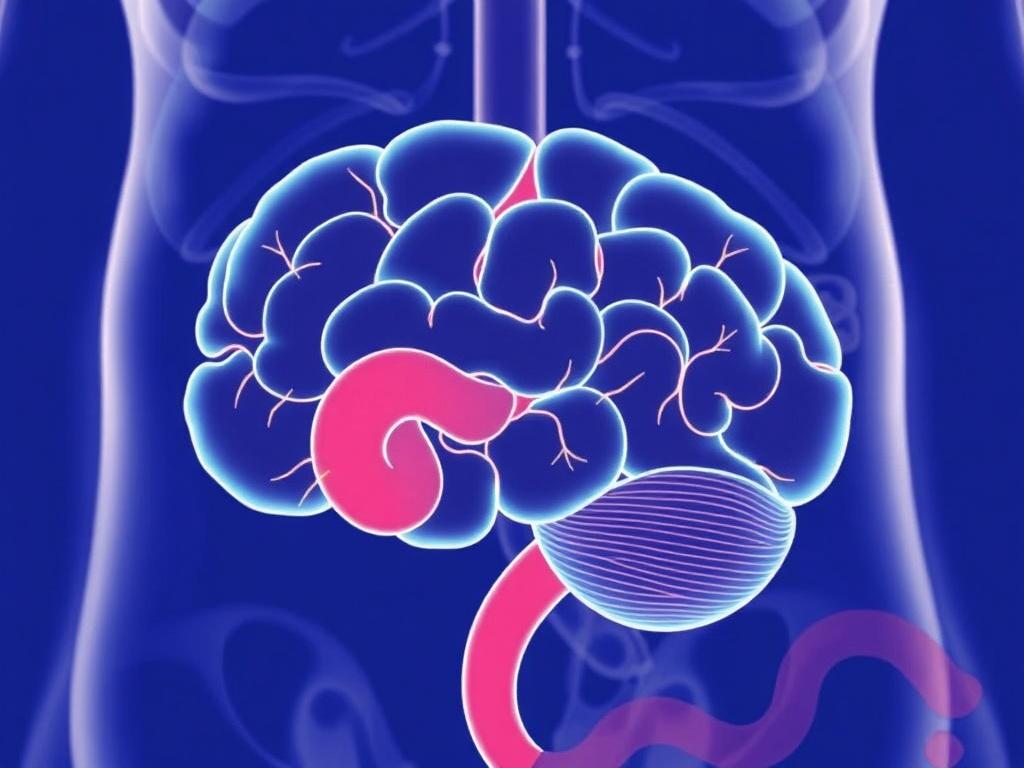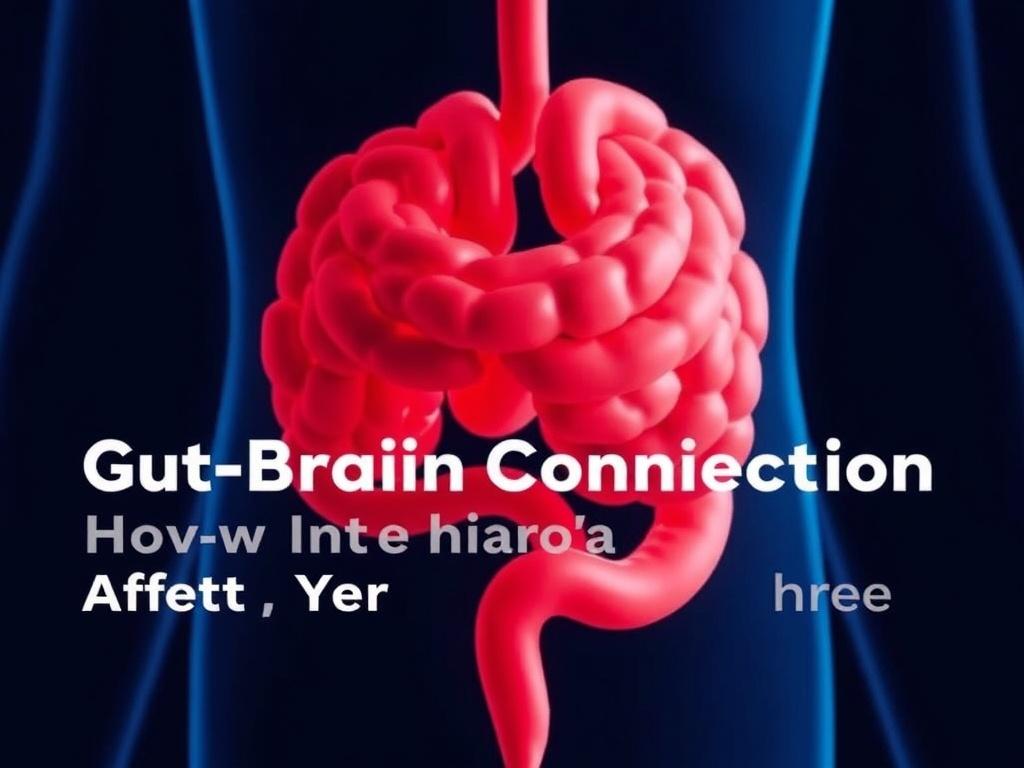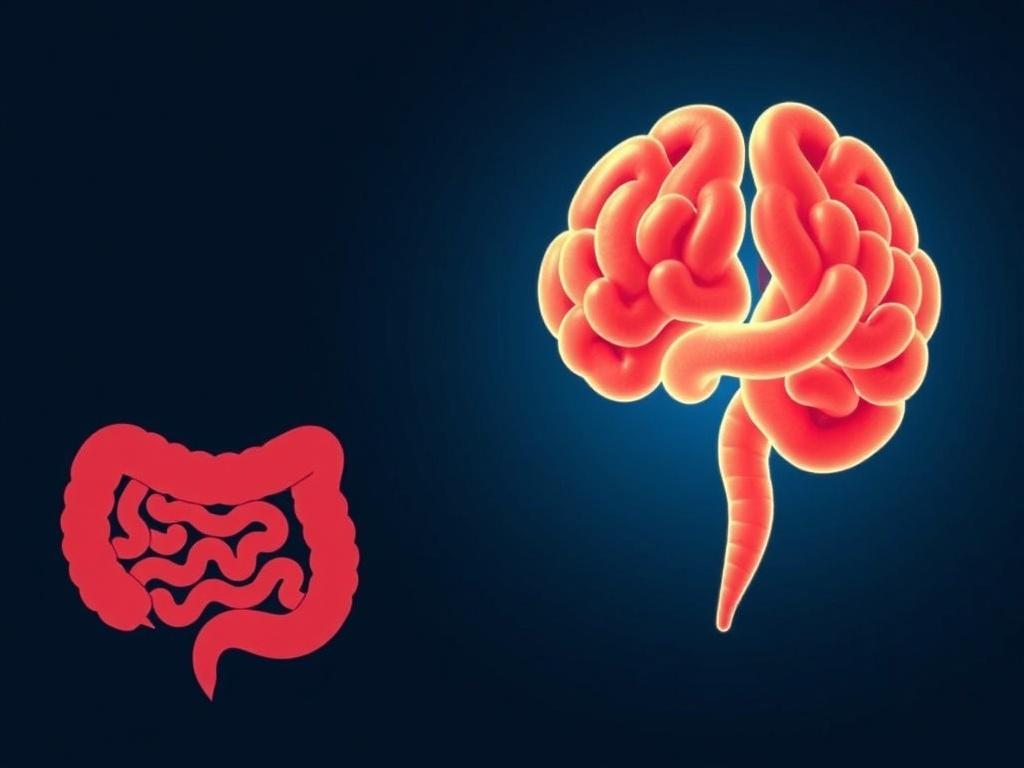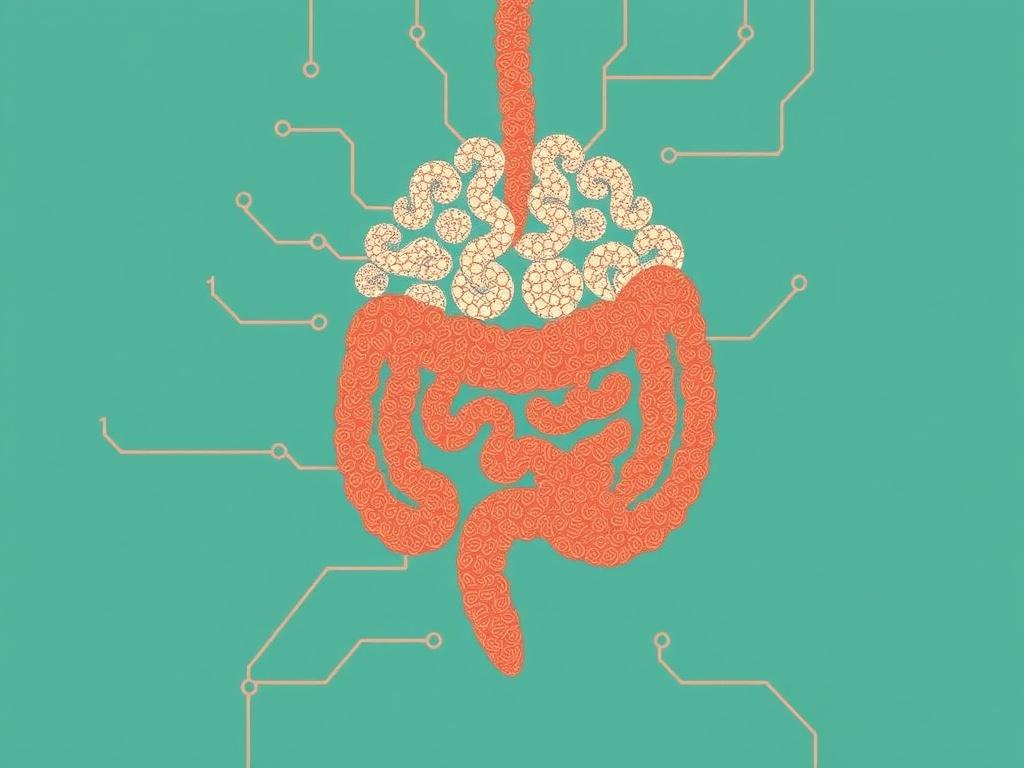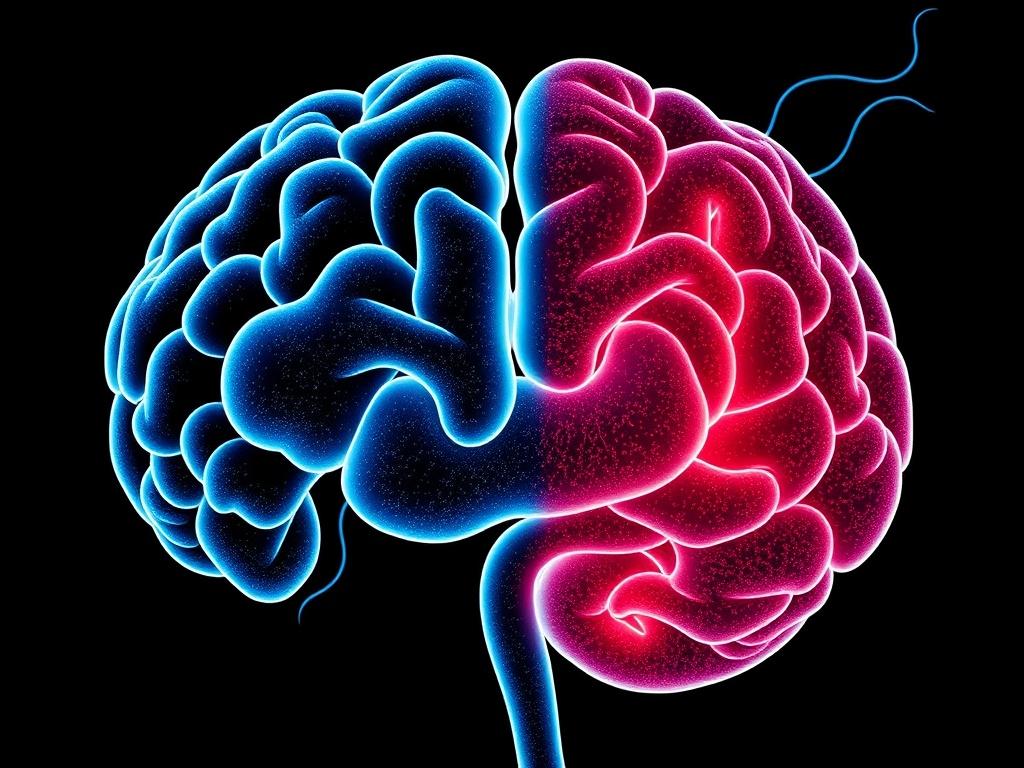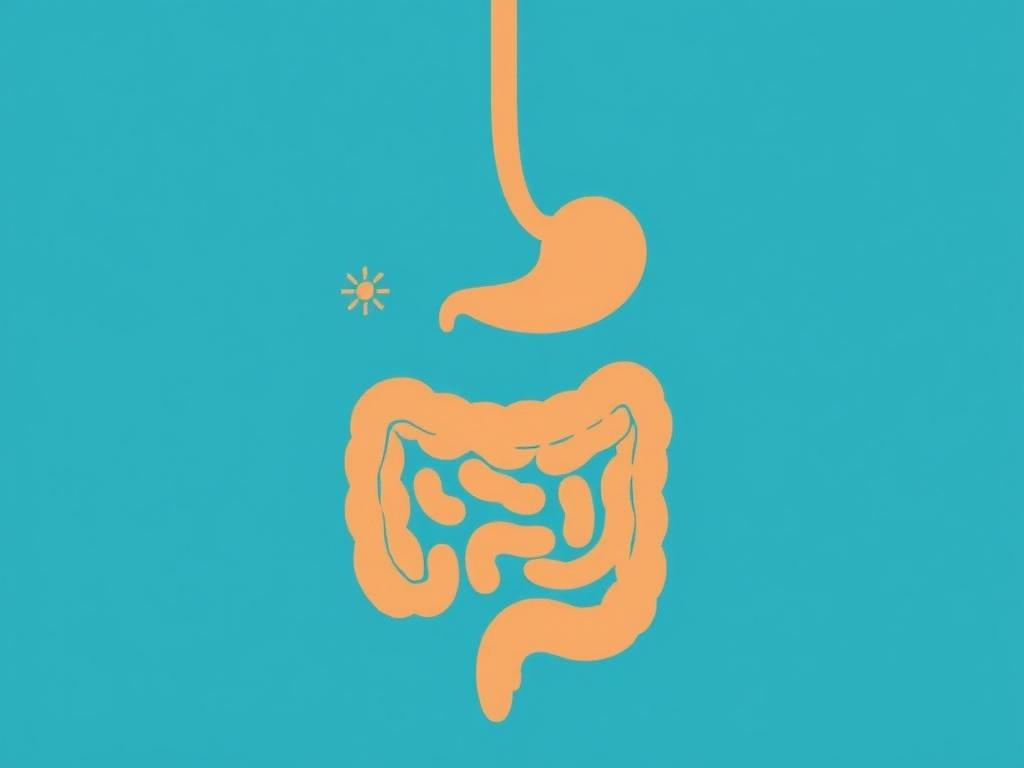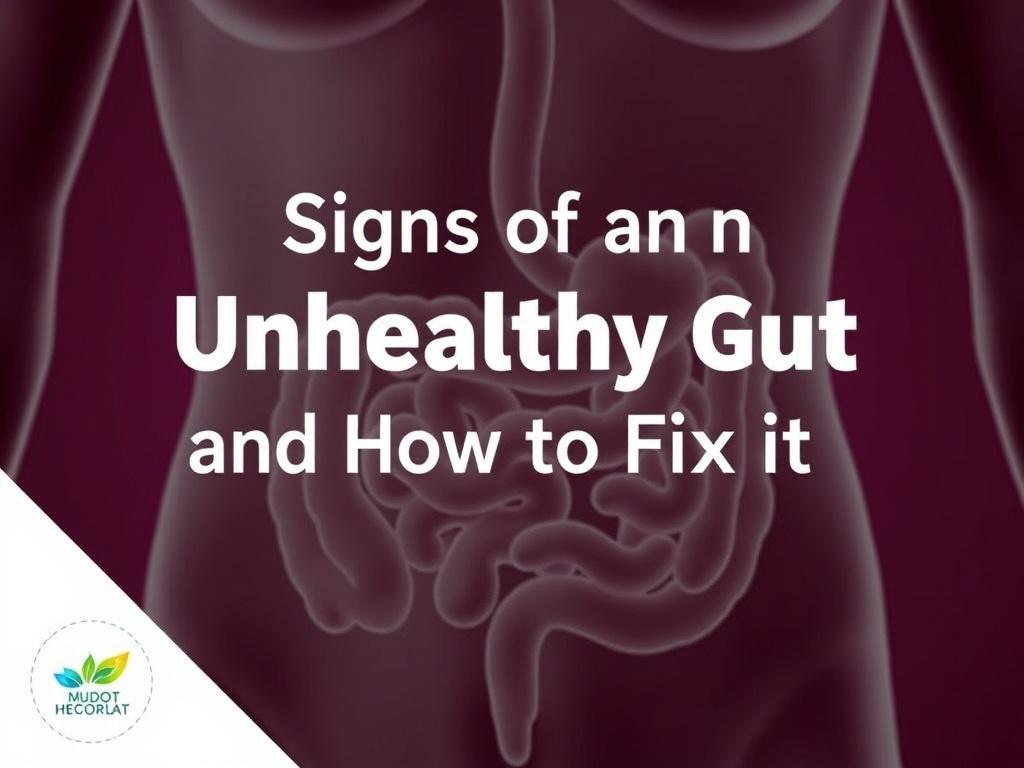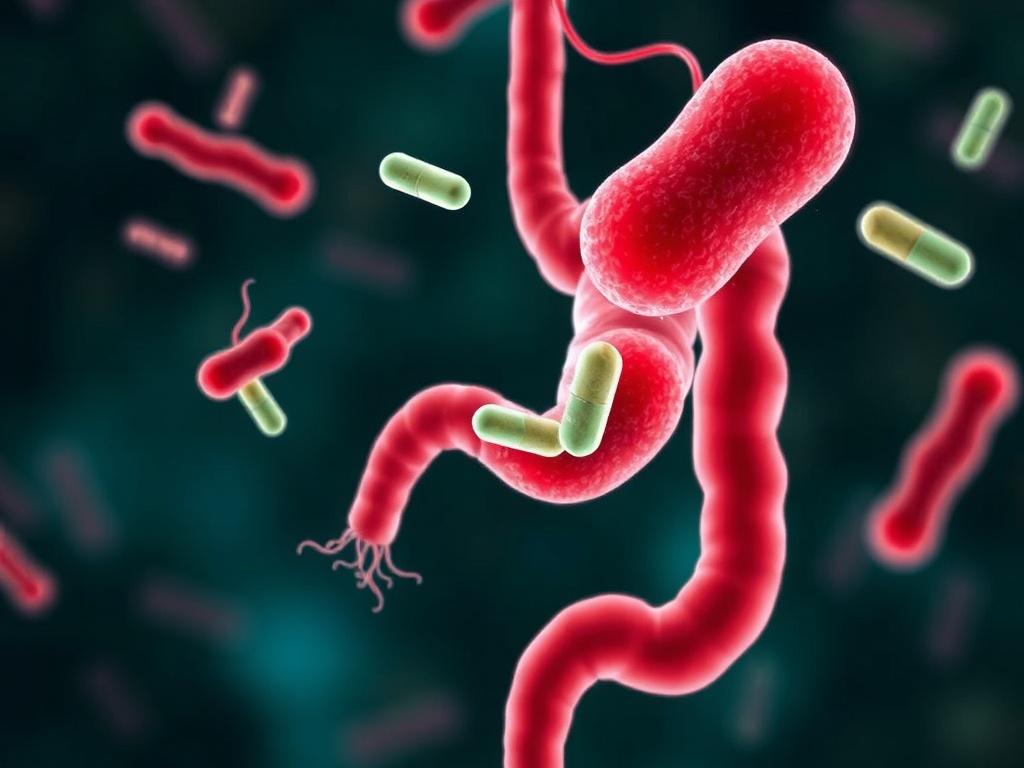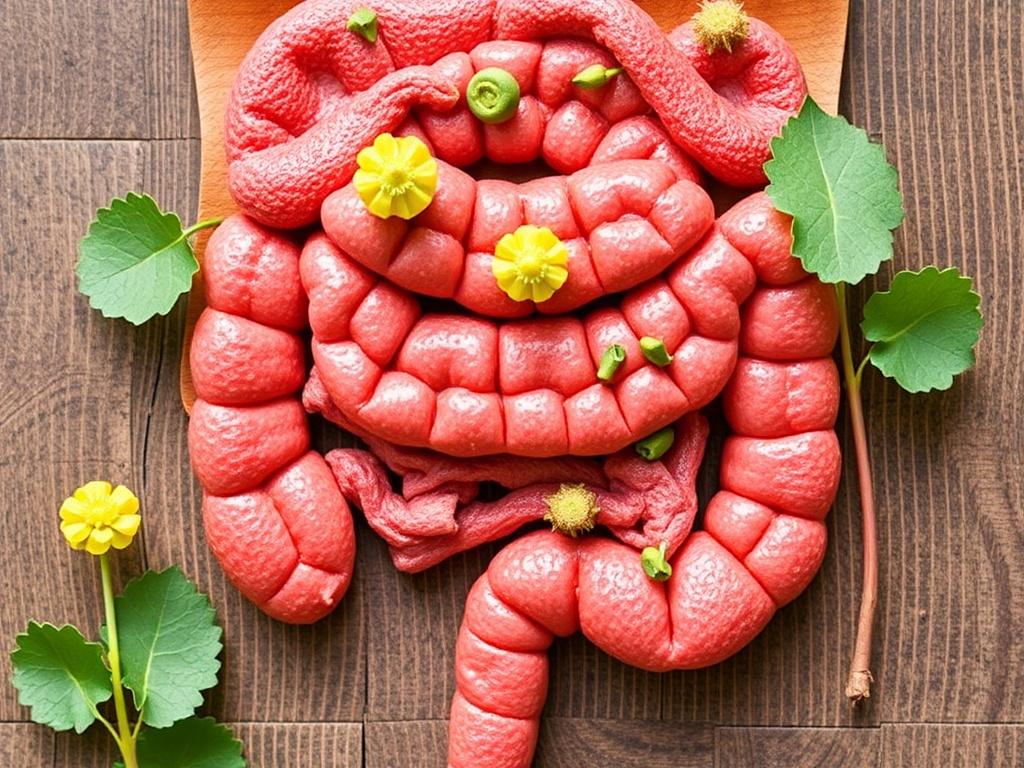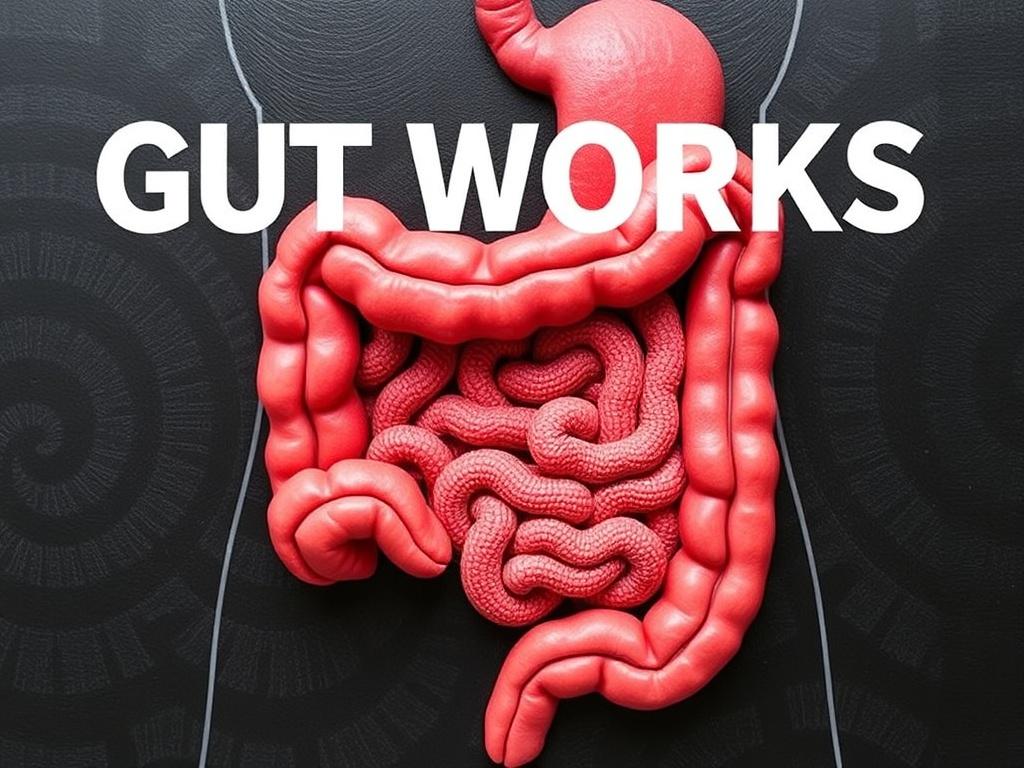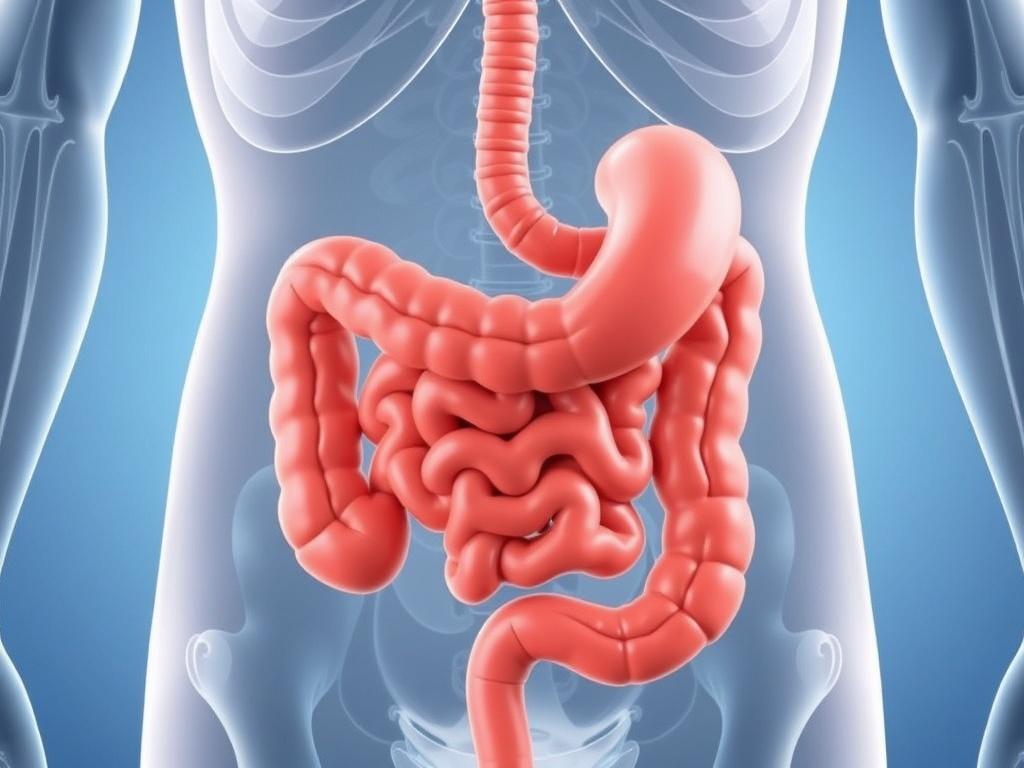Have you ever felt “butterflies” in your stomach when you are nervous or experienced a sudden change in your mood after a meal? These are more than just coincidences or old sayings—they point to a fascinating and scientifically backed link between our gut and brain, often called the gut-brain connection. This remarkable relationship reveals how your intestines affect your mood, influencing everything from anxiety and depression to overall mental well-being.
Understanding this connection can empower you to take control of your emotional health through what you eat and how you take care of your digestive system. Let’s dive deep into this intriguing topic and explore the ways your gut and brain communicate, the role of gut microbes, and how you can nurture this vital connection for a happier, healthier mind.
What is the Gut-Brain Connection?
The gut-brain connection refers to the complex communication system that links your gastrointestinal tract to your brain. It’s a two-way highway where signals constantly travel back and forth, influencing not only digestion but also mood, cognition, and mental health. This dialogue happens through multiple pathways, including the nervous system, hormones, and immune responses.
One of the main channels for this communication is the vagus nerve, the longest cranial nerve that runs from the brainstem to the abdomen. It acts like an information superhighway, sending messages from your gut to your brain and vice versa. Additionally, the gut produces neurotransmitters—chemical messengers such as serotonin and dopamine—that play a key role in mood regulation.
The Role of Gut Microbiota
The idea that tiny microbes living in your intestines can affect your mood might seem surprising, but it’s firmly supported by research. Your gut hosts trillions of microorganisms, collectively known as the gut microbiota. These bacteria, viruses, and fungi live symbiotically with you, helping to digest food, produce vitamins, and support immune function.
But gut microbiota do much more—they also impact your brain function and emotional state. Certain strains of gut bacteria can produce or influence the production of vital neurotransmitters and neuroactive compounds. For example, some microbes help synthesize serotonin, which is often dubbed the “happy hormone.”
When the balance of gut bacteria is disrupted—a state called dysbiosis—this can lead to inflammation, altered neurotransmitter production, and changes in the messages sent to the brain. These changes have been linked to mood disorders, including anxiety and depression.
How Does Your Intestine Affect Your Mood?
You might wonder exactly how your intestines affect your mood on a day-to-day basis. The connection is surprisingly intimate and continuous. Here are the key ways your gut influences your emotional state:
- Neurotransmitter Production: Over 90% of the body’s serotonin is produced in the gut. This serotonin doesn’t just regulate gut movement but also affects mood, sleep, and appetite.
- Immune System Interaction: The gut houses a significant part of the immune system. Gut health directly impacts systemic inflammation, and chronic inflammation has been linked to depression and other mental health issues.
- Vagus Nerve Signaling: The vagus nerve carries signals triggered by gut activity to the brain. Healthy gut function promotes positive signaling that supports emotional balance.
- Stress Response: The hypothalamic-pituitary-adrenal (HPA) axis, which controls your body’s response to stress, is influenced by the gut microbiota. An imbalance can lead to heightened stress sensitivity.
Gut Dysbiosis and Mood Disorders
Gut dysbiosis occurs when there is an imbalance of good and bad bacteria in the gut, which can be due to poor diet, antibiotics, infections, or chronic stress. This imbalance is increasingly recognized as a contributor to various mood disorders. Researchers have found correlations between altered gut microbiota and conditions like anxiety, depression, and even neurodevelopmental disorders.
Studies with probiotics—“friendly” bacteria supplements—have shown promising results in improving mood and reducing symptoms of anxiety, suggesting the potential power of targeting the gut microbiome for mental health treatment.
The Science Behind the Gut-Brain Dialogue
To fully appreciate the gut-brain connection, it helps to understand the scientific mechanisms involved. Here’s a breakdown of the major players:
| Component | Function | Impact on Mood |
|---|---|---|
| Vagus Nerve | Transmits signals between the gut and brain | Regulates stress and emotional responses |
| Gut Microbiota | Produces neurotransmitters and supports immune function | Influences anxiety, depression, and cognition |
| Neurotransmitters (e.g., serotonin, dopamine) | Carry signals in the nervous system and affect behavior | Directly regulate mood and emotional state |
| Immune System | Defends against pathogens and regulates inflammation | Chronic inflammation linked to depression and brain fog |
| Hypothalamic-Pituitary-Adrenal (HPA) Axis | Controls stress hormone release | Affected by gut health, modulating stress resilience |
Neurotransmitters Beyond the Brain
Most people think neurotransmitters are produced only in the brain, but many are made in the gut as well. For instance, serotonin affects mood but also helps regulate digestion and bowel movements. Dopamine—key for motivation and pleasure—is also produced by gut bacteria.
This dual role means that gut health can impact brain chemistry directly, making our intestines critical players in emotional well-being.
How to Improve Your Gut-Brain Health
Since your intestines affect your mood so deeply, it makes sense to care for your gut alongside your mental health. The good news? Simple lifestyle changes and mindful habits can strengthen the gut-brain connection and boost your emotional resilience.
1. Eat a Gut-Friendly Diet
Diet is perhaps the most powerful tool to nurture your gut-brain connection. Foods rich in fiber, fermented products, and a variety of nutrients support a thriving gut microbiome. Some top gut-friendly foods include:
- Yogurt and kefir (rich in probiotics)
- Sauerkraut and kimchi (fermented vegetables)
- Whole grains and legumes (high in prebiotic fiber)
- Fruits like bananas and berries (natural prebiotics and antioxidants)
- Leafy greens and vegetables (support digestion and reduce inflammation)
2. Manage Stress Effectively
Chronic stress can wreak havoc on gut health, leading to dysbiosis and inflammation. Practices such as mindfulness meditation, yoga, and deep breathing can reduce stress, helping to restore balance in the gut-brain axis.
3. Get Regular Exercise
Exercise promotes healthy gut bacteria diversity and improves brain function by releasing endorphins and reducing inflammation. Even daily walks can have a positive impact on your gut and mood.
4. Avoid Unnecessary Antibiotics and Processed Foods
While antibiotics are lifesaving when needed, overuse can disrupt your gut microbiome. Similarly, diets high in processed foods, sugar, and unhealthy fats can harm beneficial bacteria, contributing to poor gut-brain communication.
5. Consider Probiotic and Prebiotic Supplements
Sometimes your diet alone may not be enough, especially if you’ve experienced gut disturbances. Probiotic supplements introduce beneficial bacteria, while prebiotics feed these microbes to help them thrive. Always consult a healthcare professional before starting supplements.
Real-Life Examples: Mood Changes Related to Gut Health
Many people have personal stories highlighting the gut-brain connection. For example, someone might notice feeling more anxious when they have digestive issues like bloating or diarrhea. Others report improved mood and focus after changing to a diet rich in fermented foods and fiber.
| Case Example | Gut Issue | Mood Impact | Intervention | Outcome |
|---|---|---|---|---|
| Jane, 34 years old | Chronic constipation and bloating | Increased irritability and low energy | Started eating kimchi and yogurt daily | Improved digestion and elevated mood |
| Mark, 45 years old | Frequent antibiotic use | Symptoms of anxiety and fatigue | Added probiotic supplement and fiber-rich foods | Reduced anxiety symptoms and increased vitality |
| Sara, 28 years old | Stress-related IBS (Irritable Bowel Syndrome) | Depressive episodes | Incorporated yoga and mindfulness practices | Better gut comfort and mood stability |
Common Myths About the Gut-Brain Connection
With so much emerging information about the gut-brain axis, some misconceptions have found their way into popular culture. Let’s clear up a few common myths:
- Myth: All bacteria in your gut are bad.
Fact: The majority of gut bacteria are beneficial and essential for health. - Myth: You can instantly fix your mood by taking probiotics.
Fact: Gut healing takes time, and probiotics are only one part of a holistic approach. - Myth: Only your brain affects your mood.
Fact: Your gut plays a direct and influential role in mood regulation. - Myth: Gut health only affects digestion.
Fact: Gut health affects immune function, brain chemistry, and emotional well-being.
Future Research and the Gut-Brain Connection
The gut-brain connection is a rapidly growing field of scientific study. Researchers are exploring how personalized nutrition, microbiome therapies, and neurogastroenterology might revolutionize treatments for mood disorders and other neurological diseases. Clinical trials are testing specific probiotic strains for depression and anxiety, while advancements in mapping the microbiome offer a deeper understanding of individual gut profiles.
This emerging science promises to transform how we approach mental health, highlighting the importance of integrative care that considers gut health as a key component of emotional balance.
Practical Tips to Strengthen Your Gut-Brain Health Every Day
If you are ready to harness the power of your gut to improve your mood, here are some simple daily practices to get started:
- Start your day with a probiotic-rich food, like yogurt or kefir, to support gut bacteria.
- Include fiber in every meal to feed healthy microbes and promote regular digestion.
- Stay hydrated as water supports digestion and nutrient absorption.
- Practice stress-reducing activities such as meditation or a nature walk.
- Limit processed sugars and unhealthy fats that can disrupt gut balance.
- Get enough sleep to support gut repair and brain health.
By incorporating these habits, you can begin to feel the benefits of a well-nurtured gut-brain axis—more emotional stability, improved focus, and enhanced overall well-being.
Conclusion
The gut-brain connection is a powerful and intricate network that truly reveals how your intestines affect your mood in profound ways. From neurotransmitter production and immune interactions to microbial influences and nerve signaling, the health of your gut plays a vital role in regulating emotions and mental wellness. By understanding and nurturing this dynamic relationship through diet, lifestyle, stress management, and mindful choices, you hold the key to improving both your digestive health and emotional resilience. As science continues to uncover the depths of the gut-brain axis, embracing this knowledge can lead you toward a happier, healthier life with a balanced mind and a thriving gut.
Читайте далее: